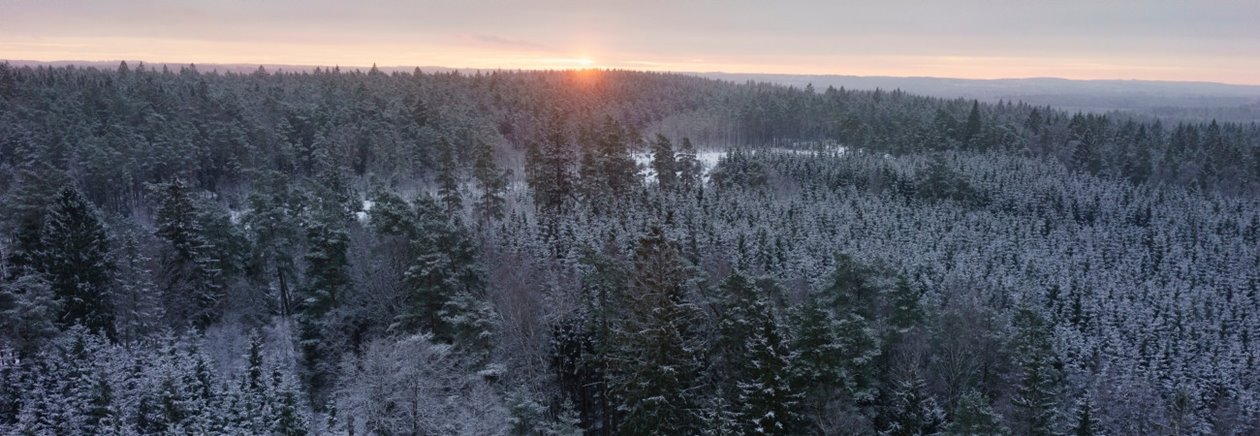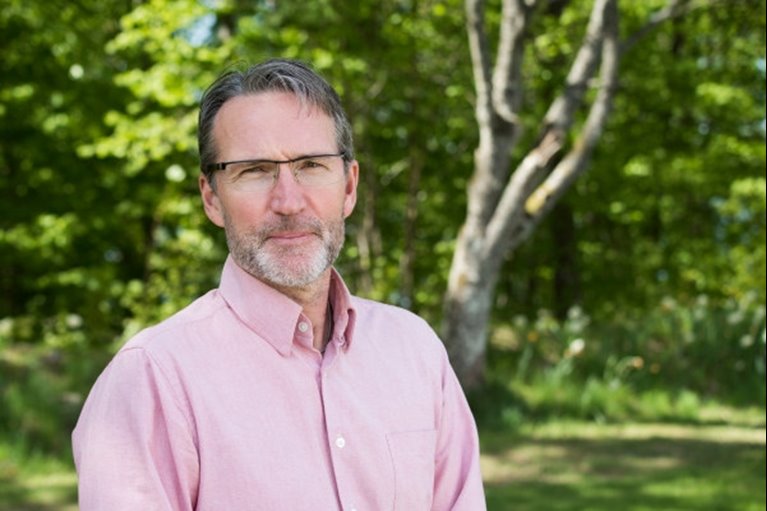New: A year in the life of our forests

We start the year with a new series bringing you a snapshot of life in a typical forest estate owned by one of our 52,000 members.

January
“The start of the year is traditionally a busy month for the Swedish forest owner,” explains Larsson. “It’s harvesting and thinning time, among other jobs, for several reasons. Although we have experienced milder, wetter winters in recent times due to climate change, January is usually a good time to bring equipment into the forest in terms of soil protection and to take timber out as the ground tends to be harder, often frozen.
“Importantly, it’s also a plus for biodiversity protection because the birds are not nesting and nature in general is dormant so we minimize disturbance and damage. In addition, many forest owners are also farmers and busy tending crops in the summer months. And colder winter temperatures mean the harvested wood dries out more slowly than in the summer. Controlled drying is important for sawmill logs, especially, as quality can be impacted if they dry out too quickly.
“I’m now based in Småland but I spent the last five years in Munich so I really need Södra’s services and expertise to ensure optimal management of my forest. Much as I might have liked to be on the estate every weekend, it just wasn’t possible, and even with more time now, the forest is growing too quickly for me to manage it alone.
“Once the trees are harvested and thinnings taken to give the remaining trees more space and light to grow, Södra helps me achieve maximum resource efficiency: The highest-value part of the tree, the lower part of the trunks, are taken to the sawmills, while top logs and thinnings are destined for the pulp mills. Residues are used for energy, biofuels and an ever-expanding range of bioproducts, while the pulp process then yields tall oil, turpentine and biomethanol, as well as district heating and surplus green electricity. It’s a good feeling knowing nothing goes to waste.”

Head of Business Support & Senior Advisor ForestryPhone: +46 70 518 93 63jo......@sodra.com
Show all content for topic
Subjects: Pulp
